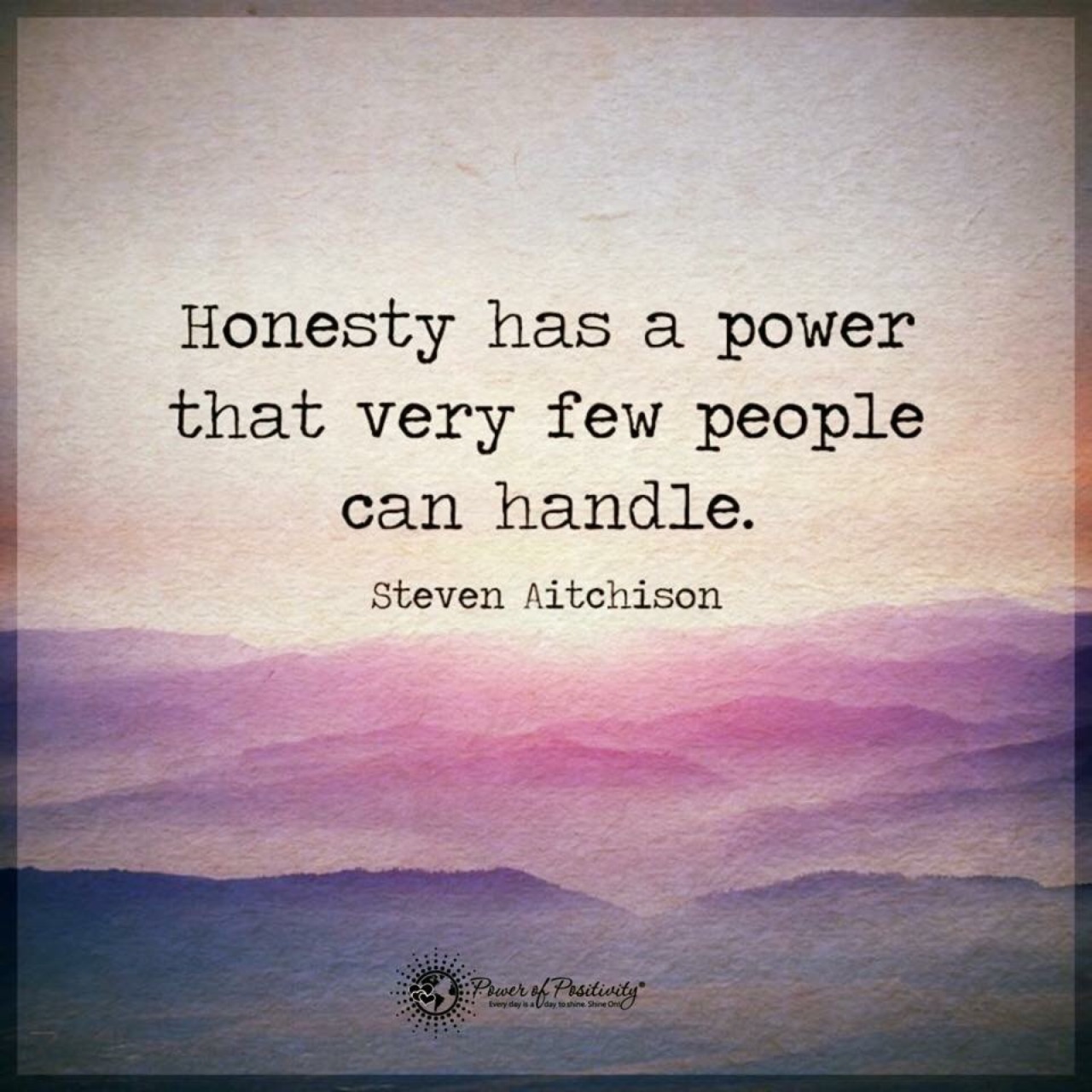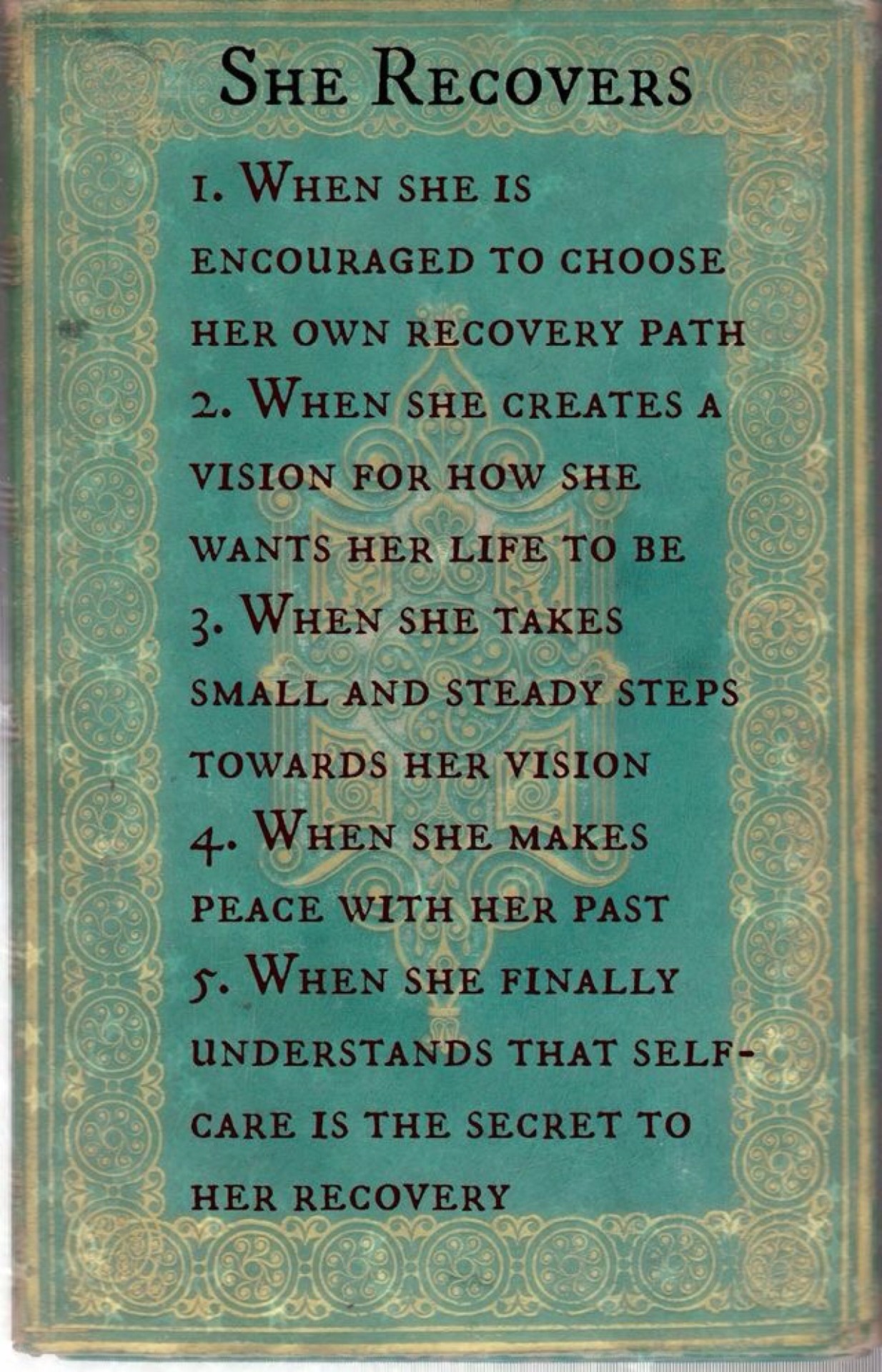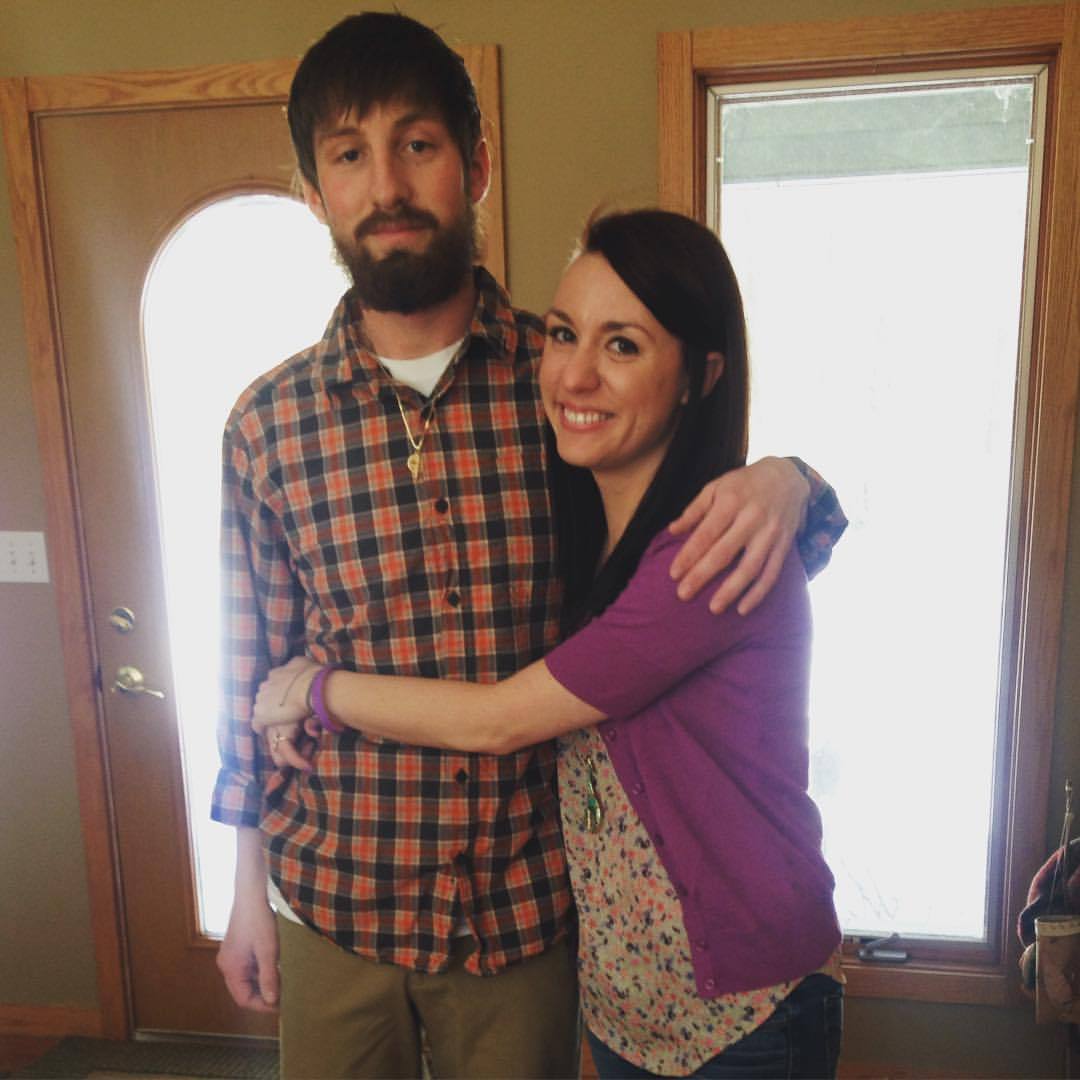Back to reality this week after a long holiday weekend. For many of you, getting up early and getting back into the routine is the last thing you want to do after a weekend of boating, BBQ, and beer. For me, however, I could not be more thrilled to finally be done with this weekend of boating, BBQ, and beer. Holiday weekends in recovery, especially early recovery, can be brutal. Mind you, this is the first major holiday I have been home, and out of treatment for, since 4th of July 2015. You would think that would mean I would have the best time ever and be nothing but grateful; sadly however, that wasn't the case. At all.
Every time I logged onto social media I saw posts like this:
For someone who is in the early stages of both eating disorder recovery and sobriety, this holiday feels like a constant reminder of all the things I can no longer do. To be brutally honest, I missed drinking all weekend long. My mom and I went kayaking on the river behind our house and during the 90 minute float, we came across three other groups of people; they all had some form of alcohol in their boats. I'm not saying there is anything wrong with people enjoying an adult beverage; I'm just saying I was green with envy.
 It's difficult for me to understand how I can spend nine months in treatment, lose almost everything, and logically know alcohol leads me down a black hole of shame and self-hatred, yet I still long for that temporary fix drinking provides. I crave doing what everyone else is doing. I crave that good time. I crave that (false) sense of belonging and fitting in. I think back to fourth of July's past, and wish I could relive them. It was so much easier to eat BBQ, drink, and be merry, than to feel completely alone with these persistent messages showing me what I can no longer have. This weekend was a constant battle inside my head, rather than a celebration.
It's difficult for me to understand how I can spend nine months in treatment, lose almost everything, and logically know alcohol leads me down a black hole of shame and self-hatred, yet I still long for that temporary fix drinking provides. I crave doing what everyone else is doing. I crave that good time. I crave that (false) sense of belonging and fitting in. I think back to fourth of July's past, and wish I could relive them. It was so much easier to eat BBQ, drink, and be merry, than to feel completely alone with these persistent messages showing me what I can no longer have. This weekend was a constant battle inside my head, rather than a celebration.Last Thursday, before the big holiday weekend, I sat down with my therapist and discussed the potential challenges ahead of me. She told me if the only two things I do are follow my meal plan and remain sober, then it would be considered a raging success. So I guess in her eyes, today, now that the weekend is over, I should be looking in the mirror and feel nothing but pride; nothing but that raging success she talked about. How do I actually feel? I feel like sleeping the day away because my mind is so exhausted. I feel guilty for not feeling gratitude for my sobriety. I feel like I missed out on all the boating, BBQ, and beer the weekend had to offer.
My therapist and I also came up with a list of all the things I COULD do over the weekend to help cheer me up. The list included things like follow social media accounts celebrating sobriety and eating disorder recovery, find fun activities to look forward to (kayaking), work on my tan, read a book, challenge those negative cognitive distortions, and take a moment each morning over coffee to acknowledge how good it feels to wake up without a hangover or regrets. Again, if we are being completely honest, I didn't follow all of these suggestions. It felt easier to to throw my own pity party and wallow in my envious fit of anger than to seek out reasons to be grateful. At this point, all I can do is learn from it and better prepare myself for the next big holiday centered around food and alcohol.
In the midst of my mini tantrum, I did come across some great pro-recovery social media sites that are worth sharing. My favorite is the #AerieREAL campaign. It is a swimwear line that celebrates women of all shapes and sizes. They are all about promoting healthy body image and have even done some work with NEDA in the eating disorder world creating the Strong, Beautiful, ME Project. Aerie's instagram page includes messages like this:
In order to help with my sobriety and those pesky "I miss drinking" thoughts, I found a blog called Hip Recovery. It's my new favorite place to spend time when I am feeling the anxiety, stress, depression, and shame involved with relentless alcohol cravings. The writer struggled with both alcohol and bingeing/purging tendencies. The website includes her blog, a weekly newsletter, and a podcast. I'm obsessed. Also, there are social media sites out there posting about sobriety and they include messages like this:
Another important thing for me to remember is, holidays might be tough for awhile and that's OKAY. In fact, that is part of the process and it cannot be avoided. Struggling through weekends filled with triggers is nothing to beat myself up over or be ashamed of. I can see where it would be more worrisome if I went through the weekend feeling 100% confident in myself and not acknowledging my feelings, because chances are I would be putting on a happy face mask and bottling up (ready to burst at any moment) those negative emotions.
Maybe my therapist was right, after all. Maybe simply getting through the weekend is something to be proud of. Being my first holiday out of treatment, I knew I would have to begin facing this stuff eventually. Hopefully each holiday after this will get a tiny bit easier as I continue to grieve my go-to coping mechanisms and learn to take credit for my successes.
Progress.






















